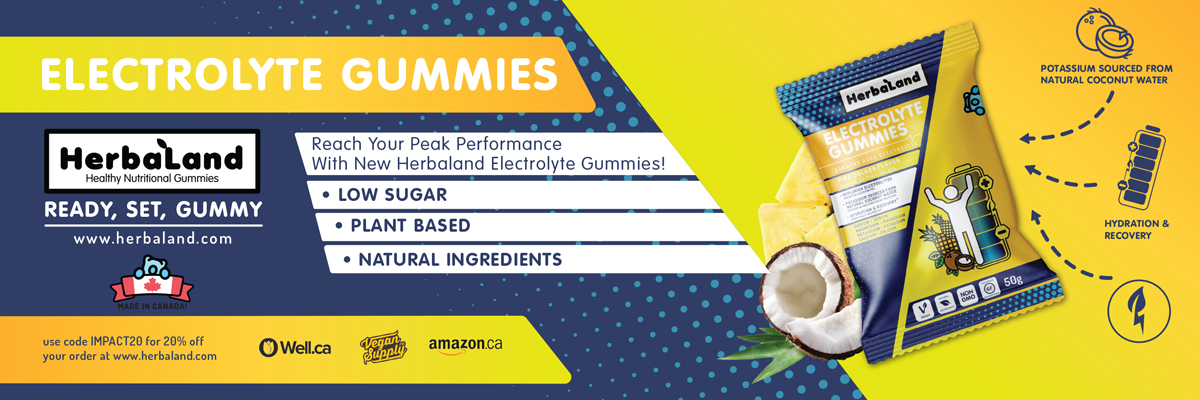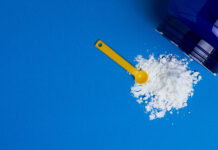Endurance sports require attention to a constellation of factors outside of physical training. Along with sleep, recovery, and sports psychology, nutrition is a crucial aspect in supporting healthy endurance activity.
To perform optimally as a vegan endurance athlete, focus on four key nutrition concepts.
1. Eat enough
Propel your endurance workouts by eating sufficiently to fuel for the activity, repair and gain muscle, and recover. Choose a carbohydrate-heavy diet, with more than half of your calories coming from carbohydrates.
Vegan diets are an excellent source of high-fibre carbohydrates. As a vegan athlete, fuel often and allow yourself some lower-fibre alternatives around exercise. Also, ensure you are meeting your iron, B12, zinc, calcium, vitamin D and selenium needs.
Finally, choose protein foods for muscle growth and repair. According to the International Society of Sports Nutrition, endurance athletes need 1.6 g of protein/kg/day and even up to 2.5 g/kg/day during high volume ultra-endurance training. This translates into 115-180 grams of protein daily for a 72 kg (160 lb.) person.
2. Fuel Around Exercise
Choose a high-carbohydrate, moderate-protein, low-fat, low-fibre meal two to four hours before activity. Be mindful of portions of high-fat foods like nuts and seeds, and consider choosing a lower insoluble fibre starch choice, like oats, before setting out.
After exercise, replenish your stores with a meal or snack that includes carbohydrate and protein, and a source of fluid.
3. Fuel During Long Bouts
If you are exercising longer than 60-75 minutes, pack some food – homemade or commercial products are both fine. Half-marathoners and marathoners should aim for 30-60 g of carbohydrates every hour. This amounts to at least one and a half sports gels an hour according to a recent position statement by the Dieticians of Canada.
Ultramarathoners should aim to meet high energy needs by eating 150 to 400 calories an hour and choose 30 to 90 g of carbs an hour from a mixed diet. According to research, ultra-endurance athletes should also include 5 to 10 g of protein each hour.
Finally, hydrate with approximately 150 to 250 ml every 20 minutes depending on outside temperature, humidity, and elevation and, include a source of electrolytes, like sodium.
4. Practice Makes Progress
Practice nutrition during training to nail race day fueling. Try out race day fuel strategies during long and intense training, to see what food your body tolerates under stress. Also, know that your gut does adjust. If you have trouble tolerating food during exercise, start small, say with a half cup of sports drink, and gradually introduce more food each session until you meet the minimum fueling goals.
If you train and compete wisely with a good nutrition foundation, you’ll stay healthy and have the energy you need to meet your race day goals.
Article Sponsored by Herbaland

















